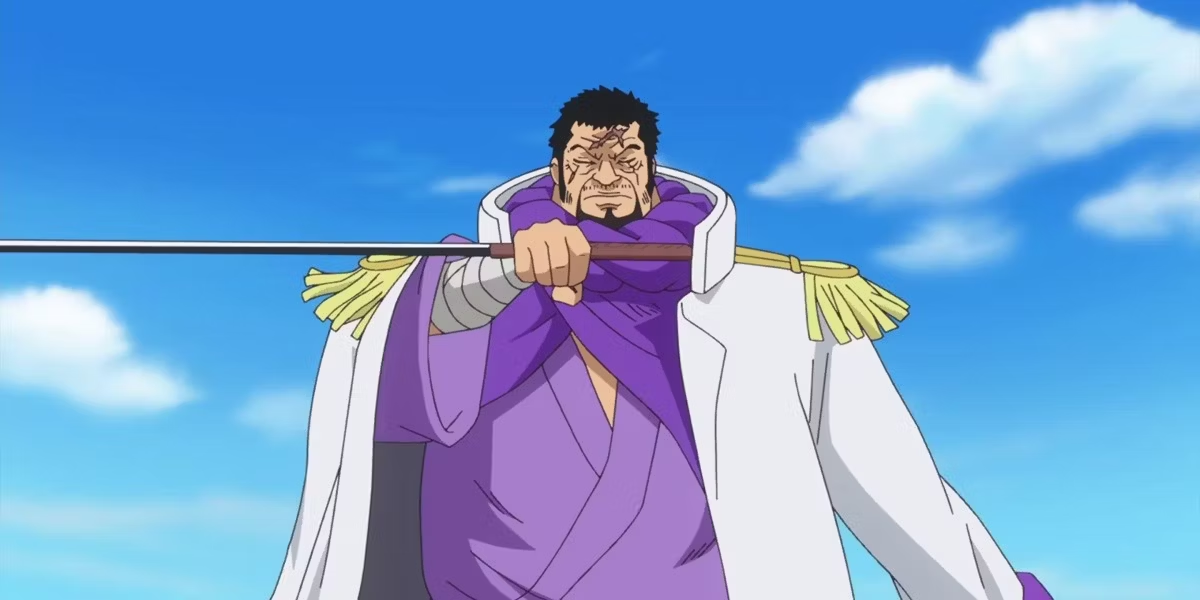One Piece: How the High-Ranking Marines’ Concepts of Justice Dictate Their Actions
Marines have their own notions of justice, sometimes contradicting their comrades; however, they all do what they believe is necessary in the end.
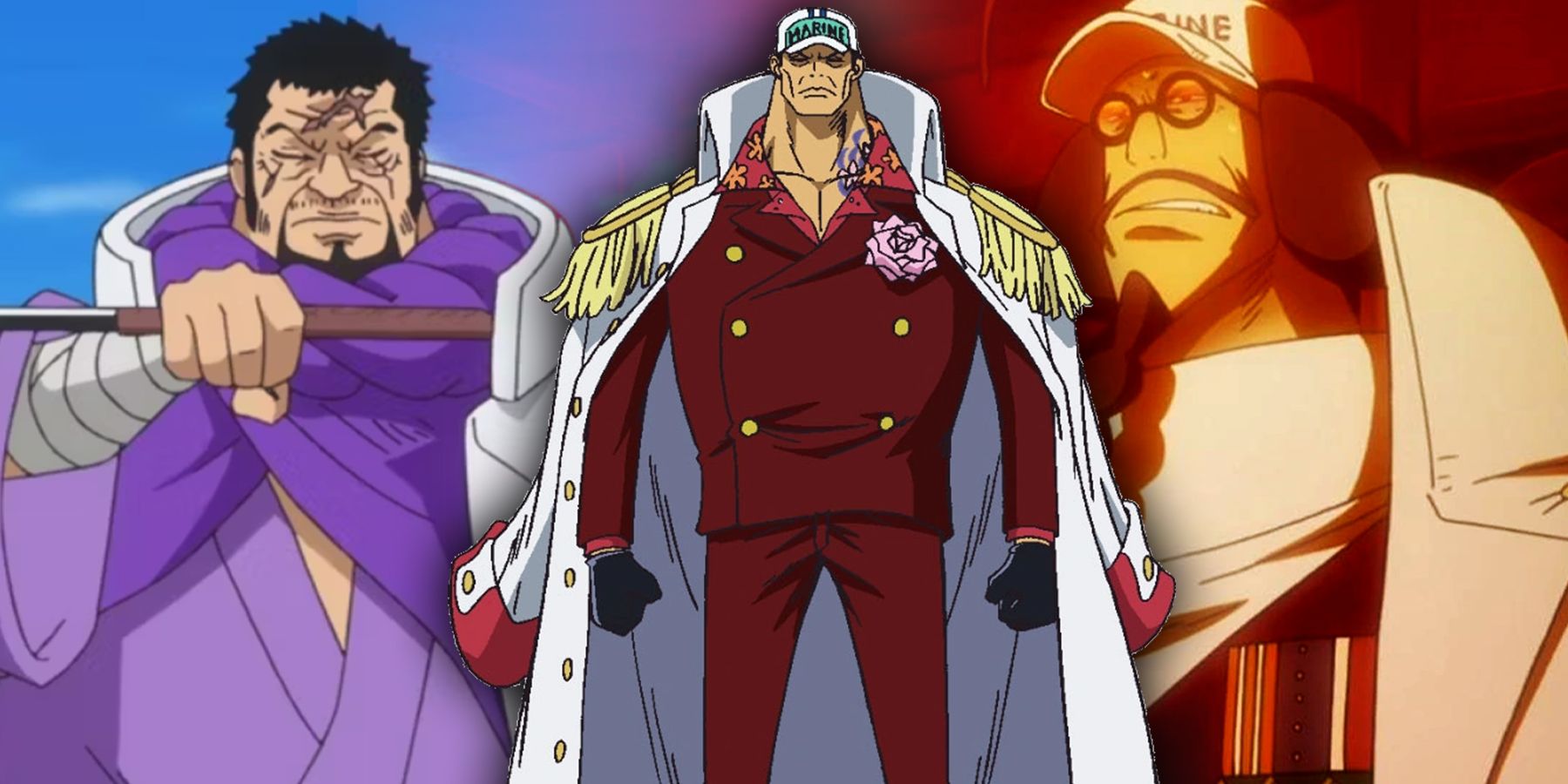
In One Piece, the concept of justice is rather vague. Every high-ranking member of the marines seems to have their own notion about the type of justice that should be implemented in the world. They believe that because they are in a position of authority, they must punish the ones doing wrong. Although One Piece fans regard them as antagonists, they believe they are in the right, only doing what’s best for the world — even if that very “duty” entails killing innocent people, even defenseless children.
They have committed several atrocious acts to uphold their justice (Ohara and Florence are simply two such examples of their many acts of cruelty) and commit said acts while fully aware of the suffering caused, hurting innocent people in the name of “justice.” Doflamingo’s popular speech during the Marineford War questions their very sense of justice, the idea that only those in power get to decide what justice is. Here’s a look at how these high-ranking marines’ concept of justice dictates their actions.
Fleet Admiral Sakazuki – Thorough Justice
“Thorough Justice” is more like an extension of “Absolute Justice” since the fundamental values of both these concepts aren’t that different. Sakazuki, formerly known by his alias Akainu (“red dog”) believes in the concept of Thorough Justice which, as the title suggests, promotes the eradication of all evil and prosecution of people violating the law, regardless of any innocent casualties that arise in the process. This is the most rigid form of justice, which only distinguishes things as right or wrong, but never bothers to understand the reason behind the “wrong.” Sakazuki’s decision to destroy the evacuation ship at Ohara proves that he believes “evil” must be eliminated down to its root.
He destroys a ship because of the mere possibility that one of the archeologists sneaks onboard. Another example is his attempt to kill Koby in the Summit War. The young marine is devastated to see his comrades fall one by one, despite the war being literally over. Therefore, he stands up to Akainu to cease the killing, considering the Marines have fulfilled their purpose of taking down both Ace and Whitebeard. Akainu interprets his words as an act of defiance against the Marines and attempts to kill him. Luckily, Shanks arrives in the nick of time and saves Koby. However, Sakazuki’s very act of unflinchingly trying to strike down one of his own in the name of “justice” is questionable.
Former Fleet Admiral Sengoku – Reigning Justice
Sengoku is extremely loyal to the World Government and never questions their orders. However, he also has his own thoughts and values, which leads him to respect pirates such as Roger, Whitebeard, and Shanks. After the Summit War, he begins to lose faith in the World Government and retires after the Gorosei orders to cover up the second escape from Impel Down to save face. His motto of “Reigning Justice” prioritizes upholding justice over everything else.
Considering his actions during the Ohara incident, it is safe to assume that Sengoku doesn’t shy away from making decisions that fall under the category of “Absolute Justice.” So far, Sengoku is the only Marine capable of using Conqueror’s Haki. As fans are aware, Marines follow orders without questions, therefore they don’t have a will of their own, which contradicts the will of the king. The reason Sengoku can use this Haki could be due to his motto of reigning justice, which shows how he wishes the justice of the marines to rule over the world.
Former Admiral Aokiji – Lazy Justice
Before retiring, Sengoku hands over his position to Aokiji, which doesn’t sit well with Sakazuki. As a result, the two admirals fight for over ten days, resulting in Aokiji’s loss and subsequent retirement. As a former believer in “Burning Justice,” Aokiji doesn’t hesitate to participate in Ohara’s Buster Call; however, Sakazuki’s actions make him question his views and morality, ultimately leading him to save Robin and Saul. Since then, he follows his motto of “Lazy Justice” (up until he decides to leave the Marines). Aokiji once claims that “justice” changes its shape depending on where the person stands. That may be why he is the only person to change his motto partway through the series.
He is always the last person to take action and is apathetic toward everything that’s going around him. Even when he first meets the Straw Hats, he takes his sweet time attacking them and even lets them get away, which is unbecoming of an Admiral. That said, while he follows “Lazy Justice,” he does understand the obligations of his rank and does not hesitate to follow orders, albeit reluctantly. He absolutely detests Sakazuki’s sense of justice and never hides this fact. Although his reasons for joining the Blackbeard Pirates are unclear, Aokiji is not necessarily an evil character like Sakazuki — in fact, there may be more than meets the eye.
Admiral Borsalino – Unclear Justice
Commonly known by his alias Kizaru (Yellow Moneky), Borsalino is a very difficult character to read. Despite being an admiral, he is not much of a leader and prefers to follow orders, even from his subordinates. He has a carefree personality and capricious priorities. For example, in the “Sabaody Archipelago Arc,” he is ready to take orders from Sentamaru. On one hand, he casually questions the pirates but becomes aggressive when he doesn’t get his answers.
Unlike people such as Fujitora or even Sakazuki, Borsalino isn’t bound by morals, simply doing as he sees fit in a given moment. He prefers missions that don’t require significant work (he decides to deal with the Sabaody incident under the assumption it would be over quickly) and shows annoyance after facing a powerful opponent such as Rayleigh.
Admiral Issho – Humane Justice
Issho, otherwise known by his alias Fujitora (Wisteria Tiger) may be the only admiral who was well-received by One Piece fans, thanks to his actions in the “Dressrosa Arc.” He is a man of high values, abiding by “Humane Justice,” which he tries to uphold by caring for innocent people — even if it means insubordination. He is the first person to strongly oppose the “Seven Warlords of the Sea” system and leads the campaign for its abolishment in the Reverie.
His primary goal, even in the direst situation during the fight with Doflamingo, is protection of the people. He encourages his subordinates to prioritize saving people before taking on the enemy, gaining their respect in the process. Issho abhors Sakazuki’s ideals and opposes hiding the Marines’ shortcomings from the public in order to save face. According to Issho, if the Marines were to lose their honor simply by admitting fault, then they never had any in the first place.



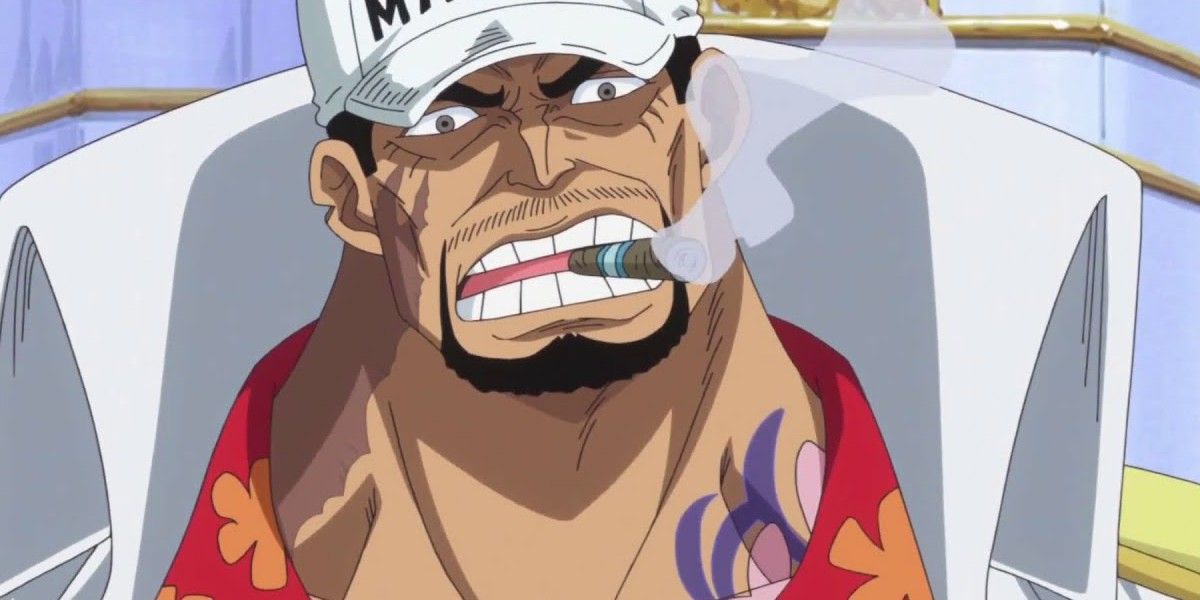
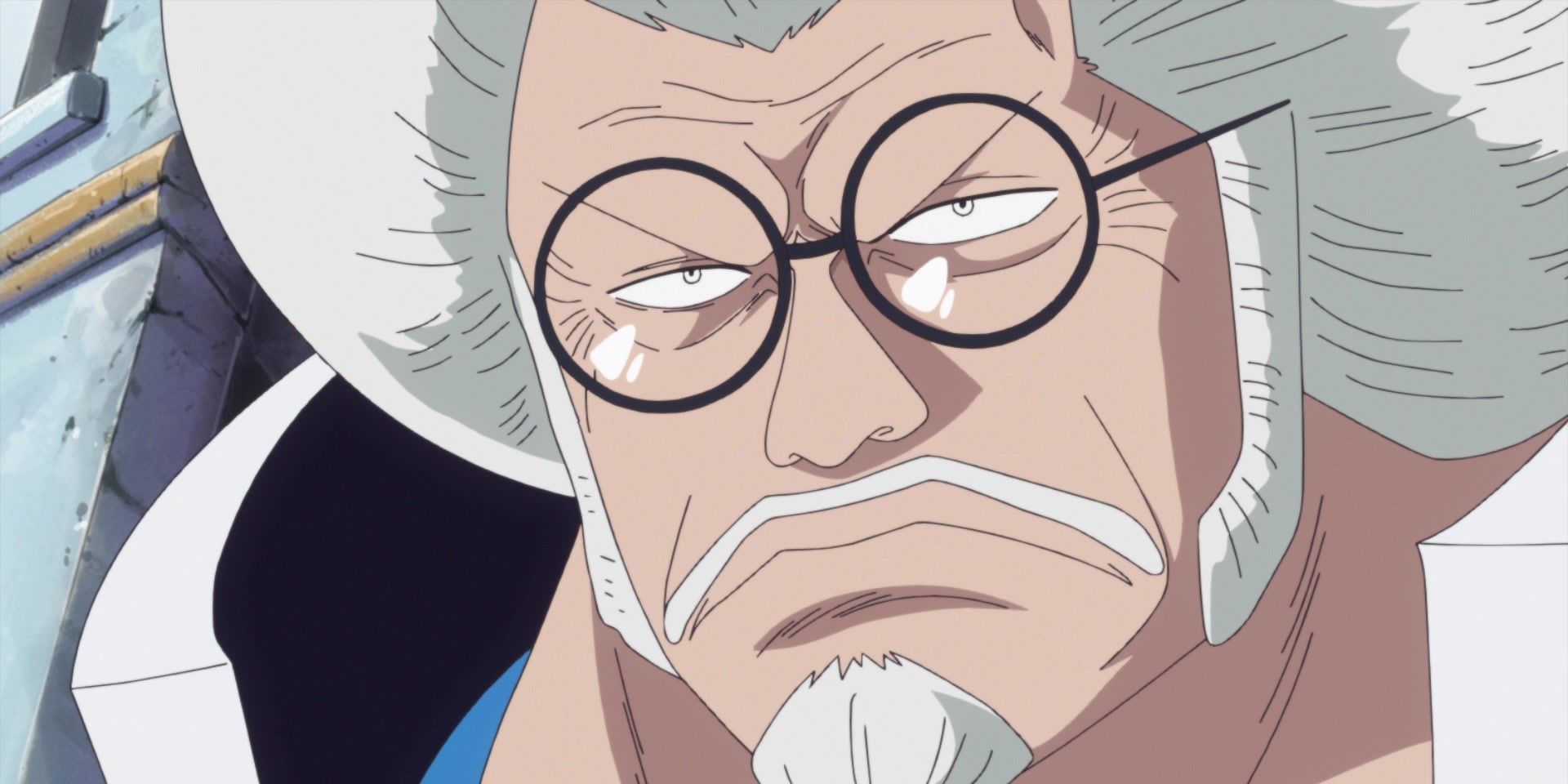
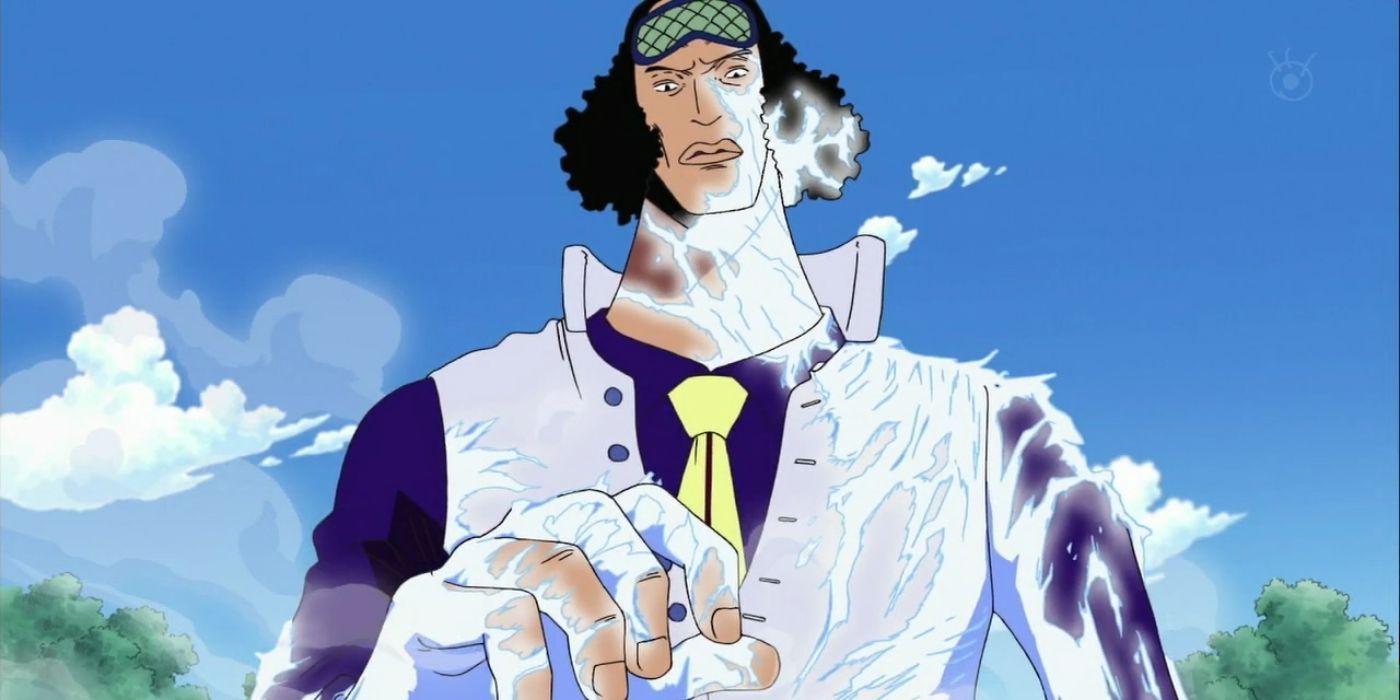
.jpg)
